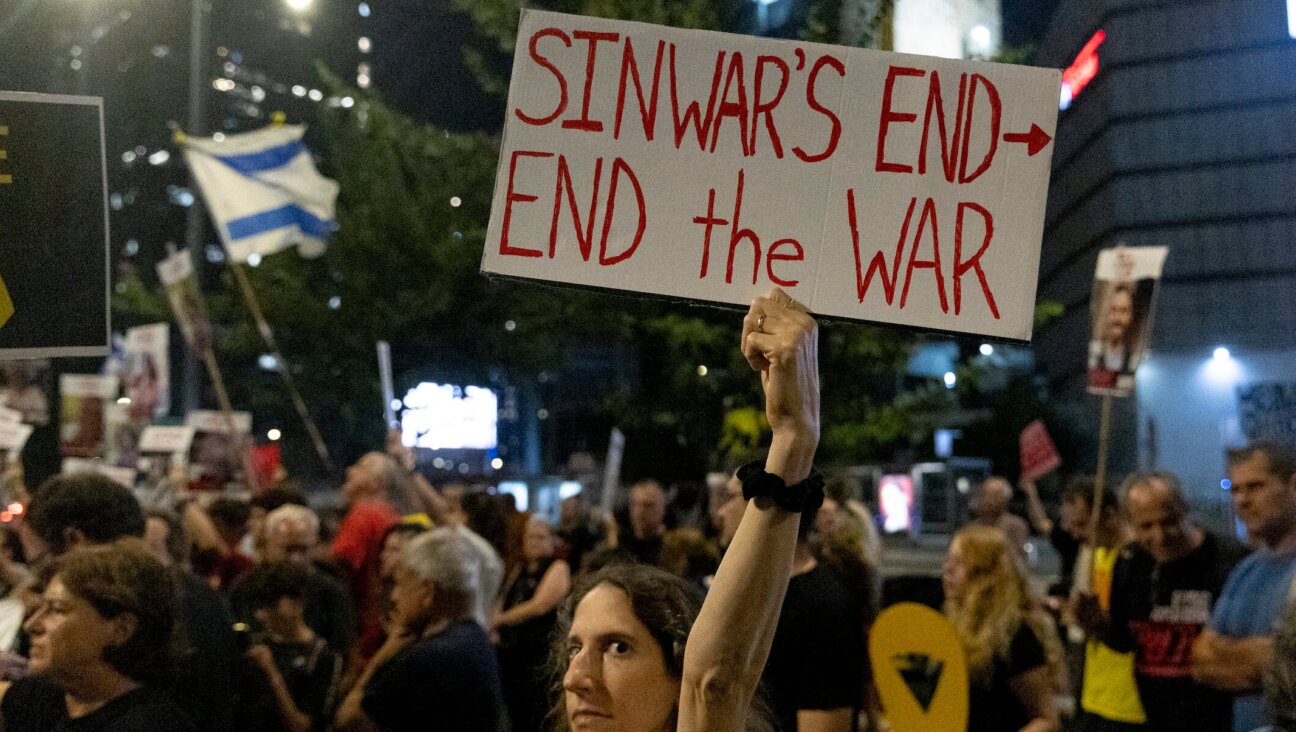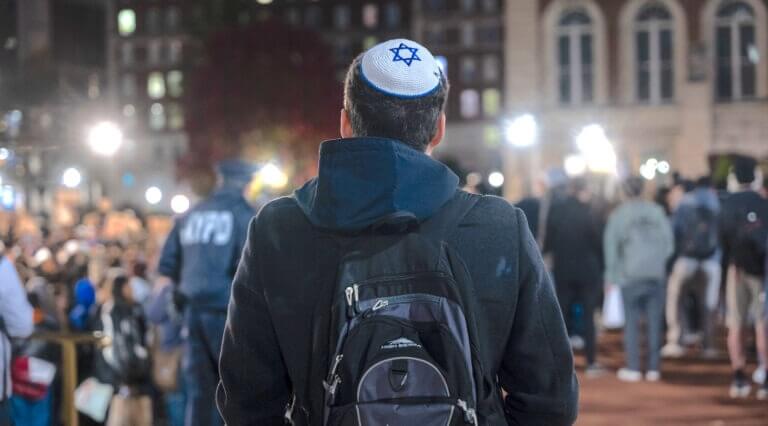‘Rabin’ Filmmaker Amos Gitai Talks Jewish Terror
Israeli filmmaker Amos Gitai says his film “Rabin: The Last Day,” screened at the Venice Film Festival on Monday, won’t end conspiracy theories about the assassination of Prime Minister Yitzhak Rabin in 1995
But it does show, he says, that there was a right-wing hate campaign against the late war hero and former general.
Rabin was excoriated by critics on the right for signing the 1993 Oslo Peace Accords that recognized the Palestine Liberation Organisation (PLO) and ceded limited control of parts of the West Bank and Gaza.
He and Shimon Peres – his then foreign minister and later Israel’s president – knew they were targets, Gitai told Reuters at the festival, where his film is in competition for the top Lion d’Or prize to be awarded on Saturday.
“I think that we have to go back 20 years and see this political figure Rabin, just being elected, who from Day One of his re-election puts as his main issue to try to reconcile the conflict,” Gitai said.
“He’s obviously risking his life, because we know the end.”
The film uses archival footage of a campaign rally by Benjamin Netanyahu, the current prime minister who at that time was leader of the opposition Likud party, speaking from a balcony draped with a huge banner saying “Death to Arabs.”
Rally participants hold up posters showing Rabin dressed like PLO leader Yasser Arafat in a traditional Arab keffiyeh headdress, or caricatured as a member of the Nazi Gestapo.
Gitai’s film also recreates secret meetings by ultra-nationalists who say Rabin deserves to die under a provision of Judaism’s Talmudic law called “din rodef,” which is analogous to the Islamic fatwa edict.
Gitai said his film will not set to rest persistent theories in Israel that the right arranged Rabin’s assassination, or that the left did it to discredit the right.
“Obviously I don’t have any hidden information,” Gitai said, suggesting the vicious atmosphere at the time was more to blame.
“For me there is no conspiracy, it was actually written on the wall.”
He said the death of Rabin, whom he knew personally, was a blow to Middle East peace. The prime minister was gunned down by ultra-nationalist law student Yigal Amir as he left a peace rally in Tel Aviv on Nov 4, 1995.
“In this Rabin government, there is a profound understanding that if you want to make peace … a real reconciliation, to construct something different, you have to be aware that the other (side) exists, that he has another vision of the conflict.
“I think that Rabin was really the first and until now the only Israeli political figure who understood,” Gitai said.
A message from our Publisher & CEO Rachel Fishman Feddersen

I hope you appreciated this article. Before you go, I’d like to ask you to please support the Forward’s award-winning, nonprofit journalism during this critical time.
We’ve set a goal to raise $260,000 by December 31. That’s an ambitious goal, but one that will give us the resources we need to invest in the high quality news, opinion, analysis and cultural coverage that isn’t available anywhere else.
If you feel inspired to make an impact, now is the time to give something back. Join us as a member at your most generous level.
— Rachel Fishman Feddersen, Publisher and CEO
























